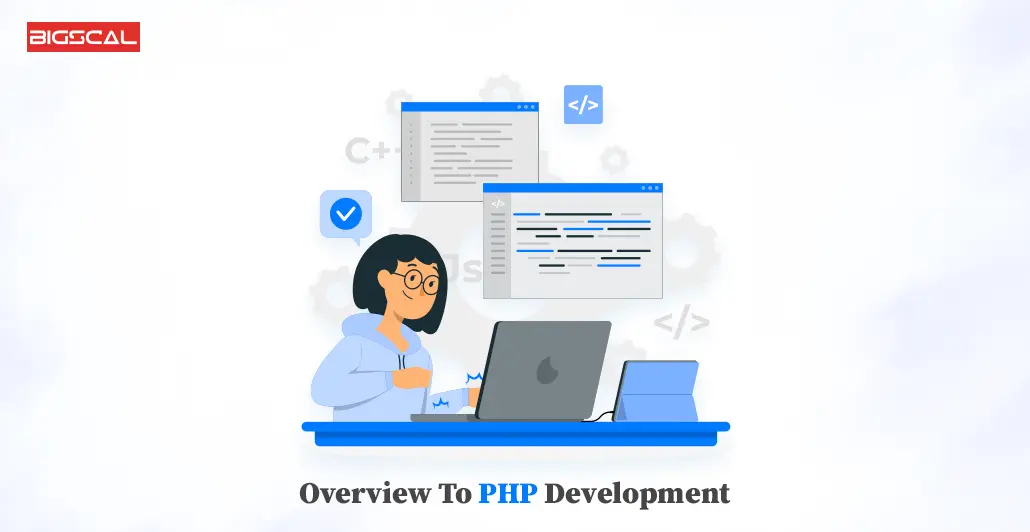News Blast: Your Daily Update
Stay informed with the latest news and trends.
PHP Development: Where Bugs Go to Hide
Uncover the secrets of PHP development and learn where bugs hide! Join us for tips, tricks, and tricks to debug like a pro!
Understanding Common PHP Bugs and How to Fix Them
PHP is a powerful scripting language commonly used for web development, but like any programming language, it is prone to bugs. Understanding common PHP bugs can significantly improve your coding efficiency and website reliability. For instance, one prevalent issue is the 'undefined variable' notice that occurs when you try to use a variable that hasn't been initialized. To fix this, you should ensure that your variables are properly declared before being used, or you can use the isset() function to check for variable existence.
Another common bug in PHP is the 'syntax error', which arises when you miss punctuation or use incorrect spelling in your code. This can be frustrating, as it often breaks your application. To resolve syntax errors, carefully review your code for missing semicolons, mismatched brackets, or incorrectly named variables. Tools like PHP CodeSniffer can be helpful to identify these problems before executing your code. Staying vigilant about these common issues will lead to more robust and error-free applications.

Top Debugging Tools for PHP Development
Debugging is an essential part of the PHP development process, as it allows developers to identify and fix issues efficiently. Several robust tools can facilitate this critical task, including Xdebug, a popular choice among PHP developers. It offers advanced features like stack traces, profiling, and remote debugging, which significantly enhance the debugging experience. Additionally, PHPStorm integrates seamlessly with Xdebug, providing a powerful IDE that streamlines the debugging process and increases productivity.
Another notable tool for PHP debugging is Var_dumper, which allows developers to inspect variables in a more readable format. This can be particularly useful for tracking down complex data structures. Additionally, FirePHP is a browser extension that logs messages to the web console, enabling developers to track and debug their applications directly from their web browser. By leveraging these tools, PHP developers can enhance their debugging workflow and create more efficient, error-free applications.
PHP Development Best Practices: Avoiding Bugs from the Start
When it comes to PHP development best practices, the first step to avoid bugs is to establish a solid coding structure. Utilize PSR standards to ensure consistency and maintainability across your codebase. Consider implementing automated testing frameworks such as PHPUnit, which help detect errors early in the development process. Additionally, leveraging tools for static analysis, like PHPStan or Psalm, can significantly reduce the likelihood of bugs by identifying issues before they escalate. Adopting these practices not only streamlines your workflow but also enhances the overall quality of your applications.
Another critical aspect of avoiding bugs in PHP development is the practice of proper error handling. Implementing robust error management using try-catch blocks allows developers to gracefully handle exceptions and understand the root causes of failures. Furthermore, employing logging mechanisms can assist in tracking down and troubleshooting issues effectively. Remember to validate all inputs thoroughly to prevent SQL injections and other security vulnerabilities. By prioritizing these practices, developers can create reliable and secure PHP applications from the very beginning of the development cycle.